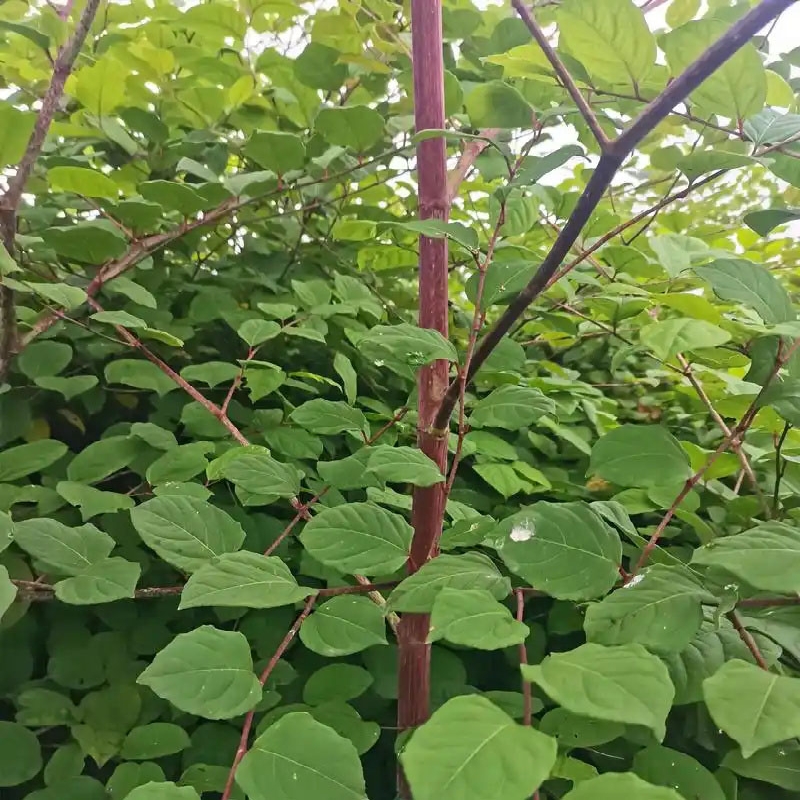Cassava (Manihot esculentus)
-
Last Update: 2020-11-20
-
Source: Internet
-
Author: User
Search more information of high quality chemicals, good prices and reliable suppliers, visit
www.echemi.com
1 species of
of
Daeko. Brazil, native to South America, gradually spread to other tropical and subtropical regions after the end of
16
and is now distributed within
30
degrees north-south latitude of the world, is one of the world's three major potato (potatoes, sweet potatoes, cassava) plants.
was
China before 1820.
Upright shrub, with milk; stem stout, upper branch; root meaty, thick, cylindrical, like sweet potatoes, so called cassava. Single leaves grow each other, palm-shaped
3
to
9
deep cracking, cracks cloaked needle-shaped to long oval-shaped shawl needle-shaped; Flower monosexual, female, conical, no petals, large, bell-shaped,
5
cracked, petal-shaped, yellow-white with purple; male
10
,
2
wheels; flower column
3
, lower co-birth.oval or spherical shape with
6
narrow, wave-shaped prism. Chromosomal base
x 9
. Cassava cultivation is highest in Africa, followed by Asia. Cultivated varieties up to
2000
, the main excellent varieties are: bread cassava, South Bay cassava, red-tailed species, Indonesian fine leaves, Nanyang purple skin, Nanyang green skin, rice cassava and so on. Cassava has high economic value, the root is rich in starch, edible or paste, as the main raw material for industrial powder. Cassava root is toxic, containing cyanate toxin and tinging, can not be eaten raw, need to be fully soaked, cooked before it can be eaten. Fresh leaves and tender stems can be used as feed or feed fish, stems can be burned carbon or made of paper raw materials.
This article is an English version of an article which is originally in the Chinese language on echemi.com and is provided for information purposes only.
This website makes no representation or warranty of any kind, either expressed or implied, as to the accuracy, completeness ownership or reliability of
the article or any translations thereof. If you have any concerns or complaints relating to the article, please send an email, providing a detailed
description of the concern or complaint, to
service@echemi.com. A staff member will contact you within 5 working days. Once verified, infringing content
will be removed immediately.






